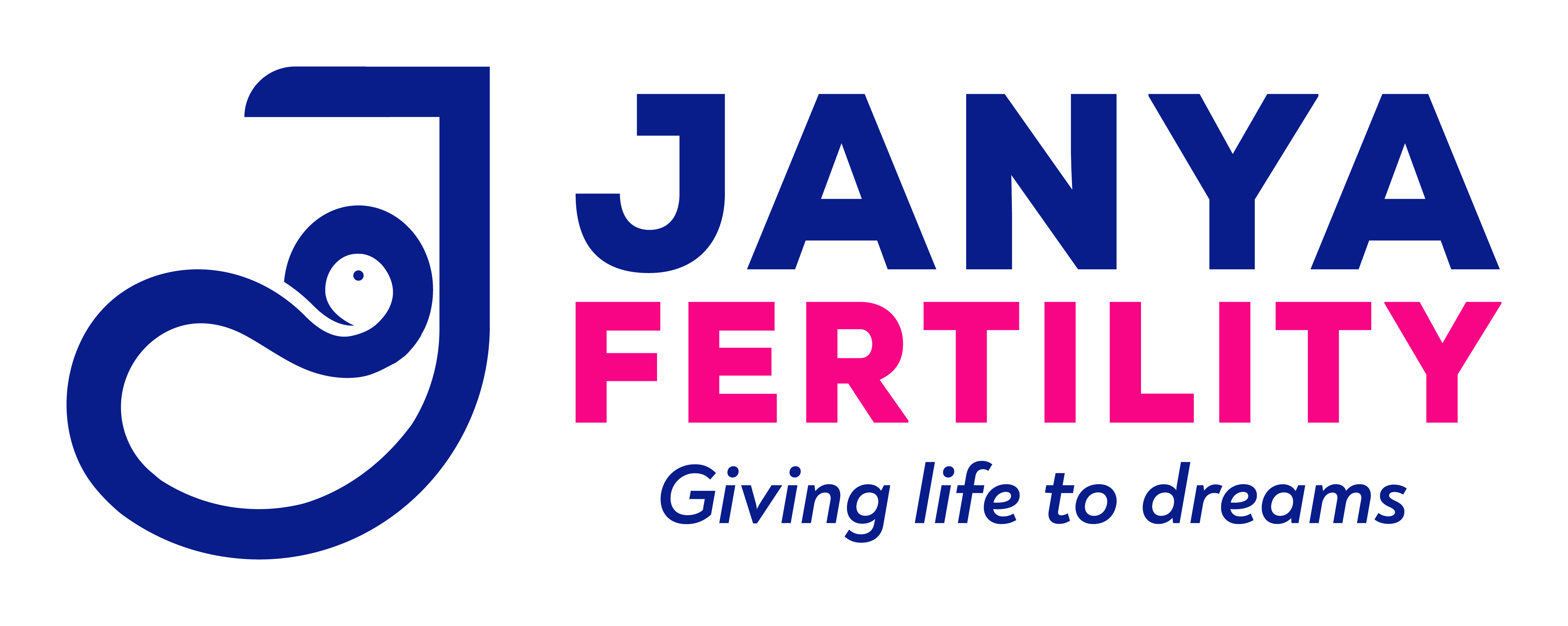IVF- In Vitro Fertilization
IVF or In Vitro Fertilization is a powerful assisted reproductive technology for infertility treatment. In this procedure, the egg and the sperm are put together outside a woman’s body, and then it is kept in the laboratory to complete the fertilization process. Finally, the fertilized egg is implanted in the woman’s uterus. A successful pregnancy can be confirmed about 2 weeks later.
What is IVF?
IVF stands for “in vitro fertilization,” meaning fertilization happens outside the body. It bypasses obstacles preventing natural conception. Couples face the following problems when they try to conceive:
- Blocked or damaged Fallopian tubes : When they’re blocked, the egg and sperm cannot fertilize.
- Male Infertility : Issues like low sperm count or poor motility hinder fertilization.
- Unexplained infertility : When the cause remains hidden, IVF becomes a beneficial procedure.
- Ovulation disorders : If eggs don’t mature or release, IVF helps in the process.
- Premature ovarian failure : Early ovarian decline hinders the function of ovaries before 40.
- Endometriosis : It occurs when the lining of the uterus (womb) grow starts to outside of the uterus.
How does it work?
The IVF journey consists of key steps:
- Ovulation stimulation: Fertility medication helps your ovaries produce multiple mature eggs.
- Egg retrieval: Using ultrasound guidance, a doctor gently removes the eggs through a thin tube.
- Fertilization: In a lab, your eggs are mixed with sperm, leading to fertilization.
- Embryo culture: Fertilized eggs become embryos, monitored by specialists as they grow.
- Embryo transfer: One or more embryos are gently placed back into your uterus.
- Pregnancy confirmation: After two weeks, a test confirms if any embryos are implanted and a pregnancy is established.
What to expect?
IVF takes several months and may require multiple cycles. While it significantly increases pregnancy chances, individual success varies. The Janya Fertility Center in HSR Layout, Bangalore, provides expert care throughout the process.
Take the first step:
If you’re considering IVF, consult a fertility specialist. They’ll assess your situation, answer your questions, and guide you through this journey with empathy and expertise. Remember, you’re not alone. IVF has empowered countless couples to achieve their dreams of parenthood, and it could be your path too.
Frequently Asked Questions (FAQs)
Who can undergo IVF treatment?
IVF is recommended for couples with various fertility issues, including blocked fallopian tubes, male infertility, unexplained infertility, or failed attempts with other fertility treatments.
How many embryos are typically transferred during IVF?
The number of embryos transferred depends on various factors, including the woman’s age and the quality of the embryos. Generally, one or two embryos are transferred to minimize the risk of multiple pregnancies.
Can frozen embryos be used in IVF?
Yes, frozen embryos can be used in IVF. After the initial IVF cycle, any extra viable embryos can be frozen (cryopreserved) for later use, allowing for additional attempts without the need for ovarian stimulation.
How long does an IVF cycle take?
The duration of an IVF cycle varies but typically takes about 4-6 weeks. This includes ovarian stimulation, egg retrieval, fertilization, embryo culture, and embryo transfer. Additional time may be required for frozen embryo transfer cycles.
